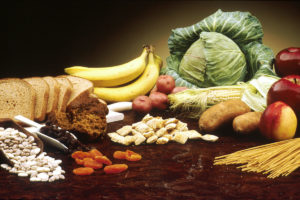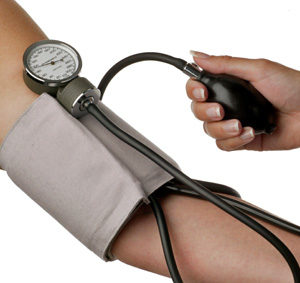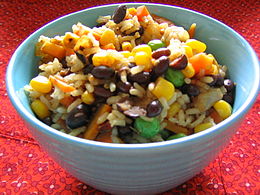 Have you wondered whether a totally vegan diet for young children is healthy? Are they missing nutrients? A study from Finland attempted to answer this question by comparing young children eating vegan diets with those eating vegetarian and omnivore (both meat and plants) diets. A vegan diet contains no animal products, including eggs and dairy.
Have you wondered whether a totally vegan diet for young children is healthy? Are they missing nutrients? A study from Finland attempted to answer this question by comparing young children eating vegan diets with those eating vegetarian and omnivore (both meat and plants) diets. A vegan diet contains no animal products, including eggs and dairy.
The researchers studied 40 healthy Finnish children, average age 3 1/2 years. They found that a vegan diet, even with recommended levels of supplementation (vitamin B12, iodine, vitamin D), resulted in significant effects on the children's metabolism and lower levels of certain nutrients, such as Vitamin A, vitamin D, and retinol-binding proteins (RBP). The vegan children also had a lower protein intake and lower levels of essential amino acids.
A vegan diet is practically devoid of cholesterol, EPA, and DHA, and so the children had significantly lower total cholesterol, HDL, LDL, and DHA (docosahexanoic acid) levels. DHA is a fatty acid needed for development of visual function. The researchers were concerned about the visual health of the vegan children due to the combination of low vitamin A and DHA levels. On the other hand, folate levels were high in the vegan children.
It is interesting that these differences occurred, even though all the children received nutritionist planned daily meals at high quality day care. The intake of vitamins D and A were the same in the different groups. All vegan children had followed a vegan diet since birth and were breastfed for 13–50 months by vegan mothers.
The researchers said that while a vegan diet is generally viewed as having health benefits in adulthood, they have concerns with a vegan diet for young developing children. The vegan children had low cholesterol levels, but the researchers said cholesterol is "essential for cellular growth, division, and development of physiological systems due to its major role in the synthesis of cell membranes, steroid hormones, bile acids, and brain myelin".
We currently don't know long-term health effects (whether good or bad) of a strict vegan diet from birth. Studies are needed! But we do know that young developing children need cholesterol. Another very important nutrient that may be lacking in vegan diets is choline, which is critical for brain health - a good source is eggs.
From Science Daily: Vegan diet significantly remodels metabolism in young children
The study concludes that vegan diet has a broad effect on children's metabolism. Serum biomarker levels for vitamins A and D, cholesterol forms and essential amino acids were significantly lower in children on vegan diet compared to age-adjusted omnivores. In addition, docosahexaenoic acid is absent from vegan diet. The results were recently published in a high-profile international scientific journal EMBO Molecular Medicine. ...continue reading "Some Concerns With A Vegan Diet In Young Children"

 Can eating a vegetarian diet lower blood pressure? Both this review and other reviews of studies say YES, that those following vegetarian diets have a lower prevalence of hypertension. Overall, the mean prevalence of hypertension was 21% in those consuming a vegetarian diet and 29% in those consuming a nonvegetarian diet (the differences varied between studies).Those following a vegetarian diet also tended to have a healthier lifestyle. As the researchers point out: blood pressure medicine lowers blood pressure for one day, while lifestyle changes (diet, exercise, not smoking, limiting or avoiding alcohol) can lower blood pressure for life.
Can eating a vegetarian diet lower blood pressure? Both this review and other reviews of studies say YES, that those following vegetarian diets have a lower prevalence of hypertension. Overall, the mean prevalence of hypertension was 21% in those consuming a vegetarian diet and 29% in those consuming a nonvegetarian diet (the differences varied between studies).Those following a vegetarian diet also tended to have a healthier lifestyle. As the researchers point out: blood pressure medicine lowers blood pressure for one day, while lifestyle changes (diet, exercise, not smoking, limiting or avoiding alcohol) can lower blood pressure for life. People are correctly raising the issue of whether the positive results (less diabetic nerve pain in type 2 diabetics) are due to the weight loss or to the vegan diet (which caused the quick weight loss)? I suspect it's the
People are correctly raising the issue of whether the positive results (less diabetic nerve pain in type 2 diabetics) are due to the weight loss or to the vegan diet (which caused the quick weight loss)? I suspect it's the  What was really interesting in the
What was really interesting in the